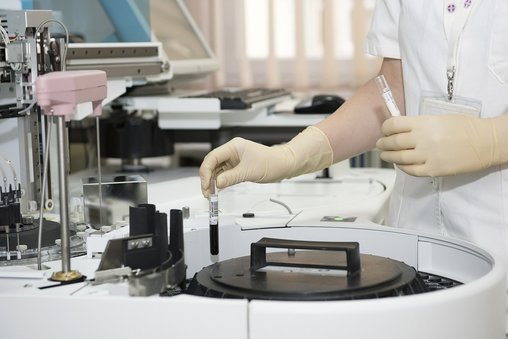It's all about the stem cells, baby. Stem cells have spawned a fairly recent line of research. In 1968, a bone marrow transplant took place between two siblings both of whom has severe immune system problems and this procedure was considered to be the genesis of stem cell research. Just 10 years later, stem cells were discovered and that's when the research really took off.

Other areas of potential use include "regenerative medicine" and in the treatment of spinal cord injuries. Regenerative medicine involves "replacing, engineering or regenerating human cells, tissues or organs to restore or establish normal function". This seems to me to be "code" for growing organs such as livers and pancreases in the lab!
Currently, cord blood is the preferred treatment option over bone marrow. Cord blood stem cells have been used in more than 35,000 transplants, worldwide, to treat blood and immune disorders.
Although there are no current uses for cord tissue, research is suggesting that, in the future, it will play a vital role in regenerative therapies. Just think. Your baby's cord tissues may be used to treat wounds and burns, autoimmune and inflammatory diseases, diabetes, neurological diseases and injuries and heart disease. When baby is 65 and needs a liver, no more donor waiting lists! Use the stem cells to create a brand new liver!
More than 30 clinical trials are underway using cord tissue stem cells. Who knows the miracles the researchers will come up with tomorrow!
Even if baby doesn't use their own cells, they are likely to be compatible with siblings or other family members who may be diagnosed with a disease or be injured.
Should you or shouldn't you? My guidelines for parents are anchored in whether or not there is a history of disorders that are likely to pop up in the mid-30s when your child is fully engaged in their work and have families. A time of life when a mother or father who is facing a chronic or fatal disease would cause havoc in many lives. Many diseases such as neurological disorders and cardiac conditions have strong genetic links.
Your physician, especially your obstetrician, can refer you for genetic counseling. If you have an amniocentesis, a geneticist is typically involved, so the relationship between genetics and obstetrics is a long-standing one. The more information you have, the more confident you can be in your decisions. My philosophy is to control the controllable.
Just do the best you can, Claudia





